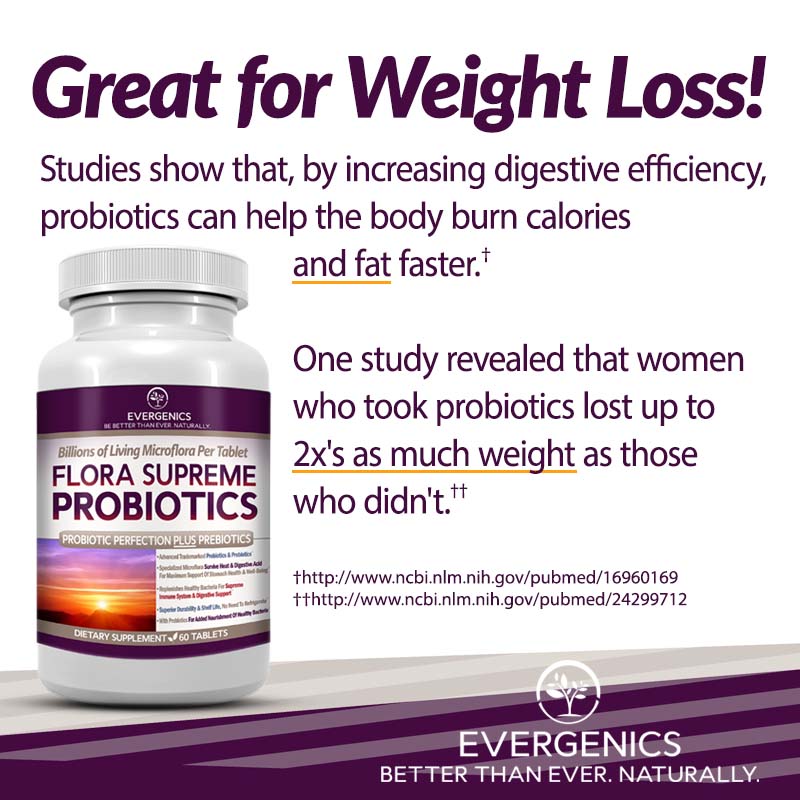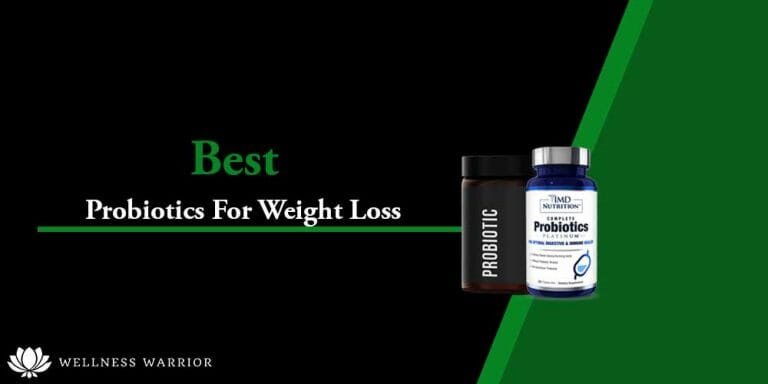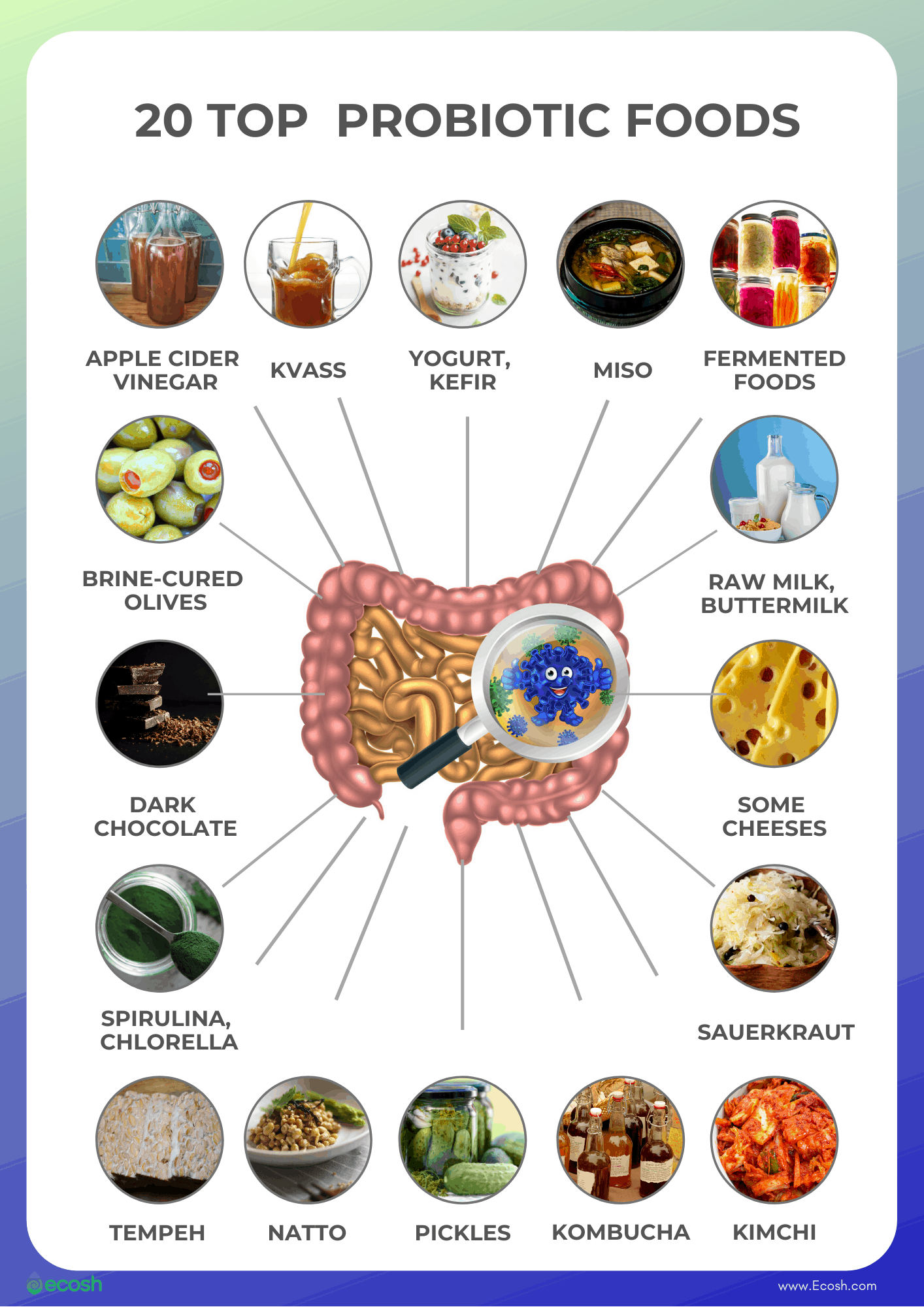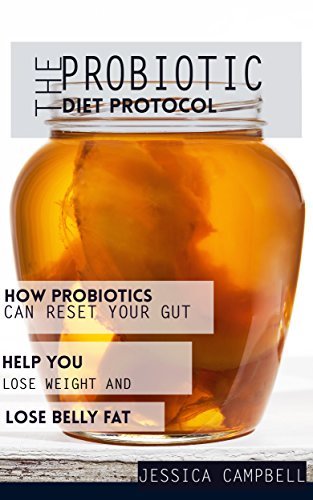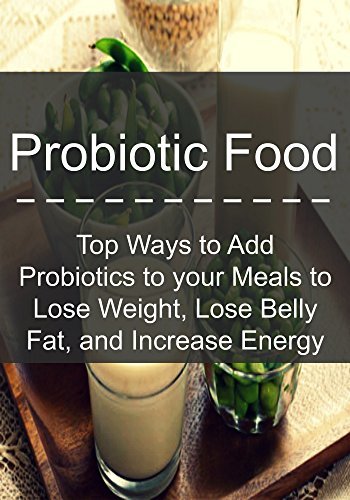What Is The Best Probiotic For Losing Belly Fat
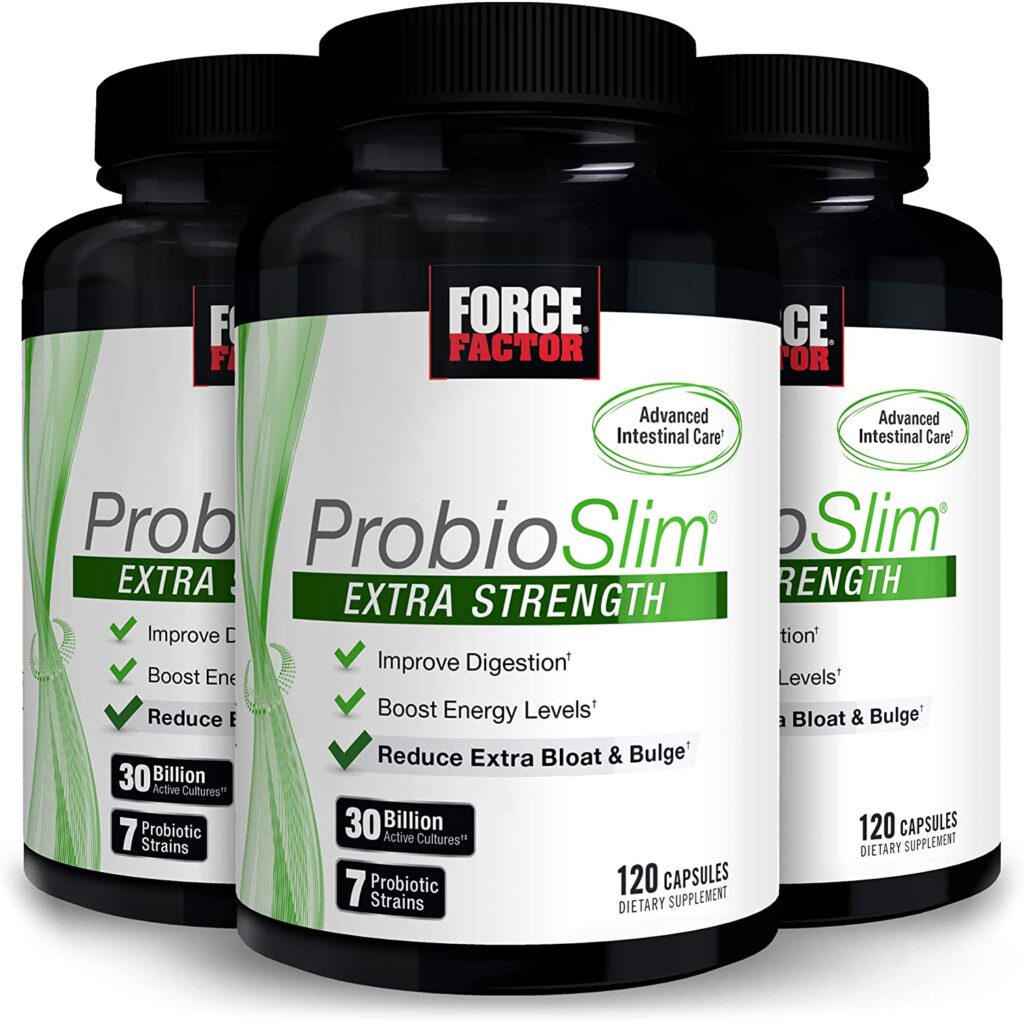
Imagine strolling through a sun-drenched farmers market, the air alive with the aroma of freshly baked bread and ripe berries. You pause at a stall overflowing with colorful jars of fermented goodies – kimchi, sauerkraut, and kombucha – each promising a boost to your well-being. Could these humble foods, brimming with beneficial bacteria, hold the key to a flatter stomach and a healthier you?
The quest for the best probiotic for losing belly fat is a complex one, with no single magic bullet. While research suggests certain probiotic strains may offer support in reducing abdominal fat, the effectiveness varies significantly from person to person, influenced by factors like individual gut microbiome composition, diet, and lifestyle. This article delves into the fascinating world of probiotics, exploring the science behind their potential impact on belly fat and offering insights into choosing the right strains for your unique needs.
Understanding the Gut-Belly Fat Connection
The gut microbiome, a bustling community of trillions of bacteria, fungi, viruses, and other microorganisms residing in your digestive tract, plays a critical role in overall health.
It influences everything from digestion and immunity to mood and even weight management.
An imbalance in the gut microbiome, known as dysbiosis, has been linked to various health issues, including obesity and increased abdominal fat.
Belly fat, or visceral fat, is particularly concerning because it surrounds internal organs and is associated with a higher risk of heart disease, type 2 diabetes, and other metabolic disorders.
Certain gut bacteria can influence how the body stores and processes fat, potentially contributing to the accumulation of visceral fat.
Probiotics, live microorganisms that confer a health benefit when consumed, can help restore balance to the gut microbiome and potentially impact belly fat accumulation.
Specific Probiotic Strains and Their Potential Impact on Belly Fat
While the research is ongoing and results vary, some probiotic strains have shown promise in studies examining their effect on abdominal fat.
It's important to remember that probiotics are strain-specific, meaning that the benefits of one strain may not apply to another.
Here are a few strains that have garnered attention:
Lactobacillus gasseri
Lactobacillus gasseri is one of the most studied probiotic strains for its potential to reduce belly fat.
Several studies have demonstrated that supplementation with L. gasseri can lead to a significant reduction in abdominal fat mass.
One study, published in the European Journal of Clinical Nutrition, found that participants who consumed fermented milk containing L. gasseri SBT2055 experienced an 8.5% reduction in abdominal visceral fat area after 12 weeks, compared to a control group.
Bifidobacterium lactis
Certain strains of Bifidobacterium lactis, such as B. lactis B-420, have been investigated for their impact on body composition.
Research suggests that B. lactis B-420 may help prevent weight gain and reduce body fat percentage.
A study published in the British Journal of Nutrition indicated that B. lactis B-420 supplementation, combined with a calorie-restricted diet, led to greater reductions in body fat mass compared to diet alone.
Lactobacillus rhamnosus
Lactobacillus rhamnosus GG is a well-known probiotic strain with a wide range of health benefits, including potential effects on weight management.
While its primary benefits are often associated with immune function and gut health, some studies suggest it may play a role in reducing body weight and fat mass.
A study published in the International Journal of Obesity found that L. rhamnosus GG supplementation, in combination with a hypocaloric diet, resulted in greater weight loss and improved insulin sensitivity in obese women.
Lactobacillus plantarum
Lactobacillus plantarum is a versatile probiotic strain with diverse metabolic effects.
Some research indicates that it may help improve gut barrier function and reduce inflammation, which could indirectly contribute to weight management.
A study in the World Journal of Gastroenterology showed that L. plantarum supplementation reduced abdominal bloating and improved gut comfort in individuals with irritable bowel syndrome (IBS), suggesting a potential role in improving digestive health and overall well-being, which can indirectly support weight management efforts.
Choosing the Right Probiotic
Selecting the best probiotic for losing belly fat involves careful consideration of several factors.
First, understand that probiotics are not a one-size-fits-all solution.
What works for one person may not work for another, due to individual differences in gut microbiome composition and other lifestyle factors.
When choosing a probiotic supplement, look for products that specify the strain and number of colony-forming units (CFUs) per serving.
Higher CFU counts are not necessarily better, but it's important to ensure that the product contains a sufficient dose of live bacteria to reach the gut.
Consider choosing a product that contains multiple strains, as this may provide a broader range of benefits.
It's also essential to consider the quality and purity of the product.
Look for reputable brands that have been independently tested for potency and contaminants.
Some probiotics require refrigeration to maintain their viability, while others are shelf-stable.
Ultimately, the best probiotic for losing belly fat is one that aligns with your individual needs and goals.
It's advisable to consult with a healthcare professional or registered dietitian to determine the most appropriate probiotic strain and dosage for you.
They can assess your individual health status, consider any underlying conditions, and provide personalized recommendations.
Beyond Probiotics: A Holistic Approach to Reducing Belly Fat
While probiotics may offer a helpful adjunct to a weight management plan, they are not a standalone solution for reducing belly fat.
A holistic approach that incorporates healthy dietary habits, regular physical activity, and stress management techniques is essential for achieving sustainable results.
Focus on consuming a balanced diet rich in whole foods, including fruits, vegetables, lean protein, and whole grains.
Limit your intake of processed foods, sugary drinks, and unhealthy fats, as these can contribute to inflammation and weight gain.
Engage in regular physical activity, including both aerobic exercise and strength training, to burn calories and build muscle mass.
Aim for at least 150 minutes of moderate-intensity aerobic exercise or 75 minutes of vigorous-intensity aerobic exercise per week, along with strength training exercises that target all major muscle groups at least twice a week.
Manage stress through techniques such as meditation, yoga, or spending time in nature.
Chronic stress can lead to increased cortisol levels, which can promote the accumulation of belly fat.
Prioritize sleep, aiming for at least 7-8 hours of quality sleep per night, as sleep deprivation can disrupt hormone balance and increase cravings for unhealthy foods.
The Future of Probiotic Research and Belly Fat
The field of probiotic research is rapidly evolving, with ongoing studies exploring the potential of novel probiotic strains and combinations to target specific health outcomes, including weight management and belly fat reduction.
Advancements in microbiome sequencing and analysis are allowing researchers to gain a deeper understanding of the complex interactions between the gut microbiome and human health.
This knowledge is paving the way for more personalized probiotic interventions tailored to individual gut microbiome profiles.
Future research may also focus on developing more effective delivery methods for probiotics, ensuring that a higher percentage of live bacteria reach the gut.
This could involve encapsulating probiotics in protective coatings or combining them with prebiotics, which are non-digestible fibers that serve as food for beneficial bacteria.
As our understanding of the gut microbiome continues to grow, we can expect to see even more targeted and effective probiotic strategies for addressing various health challenges, including the persistent problem of belly fat.
A Final Thought
The journey to a healthier gut and a flatter stomach is a personal one, and there is no one-size-fits-all answer.
While certain probiotic strains may offer a helping hand, remember that they are just one piece of the puzzle.
Embrace a holistic approach that prioritizes a balanced diet, regular physical activity, and stress management, and consult with a healthcare professional to determine the best probiotic strategy for your unique needs.



